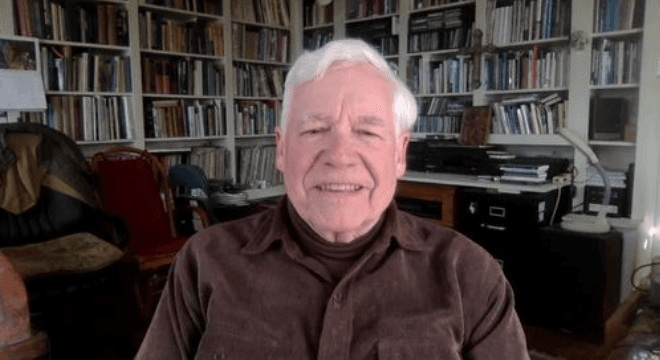As a hospital chaplain, Lee Witting would make a point of asking those who had died and been resuscitated if they remembered experiencing anything on “the other side.”
“And about one out of 10, or one out of 12, would have a story,” said Witting, who has been the host of the podcast “NDE Radio” for 10 years now. Witting, who had a near-death experience (NDE) himself at age 7, has interviewed some 500 other experiencers for his show and many more before that as a chaplain.






